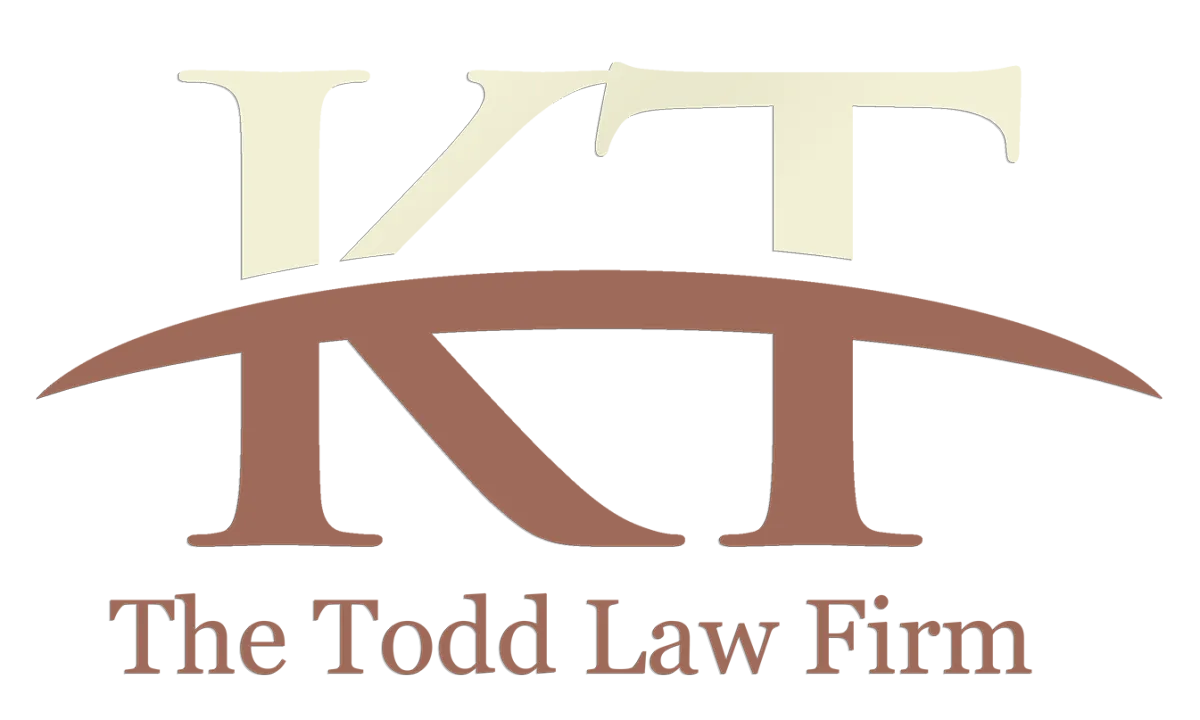
Real Estate & Estate Planning
Build a Secure Future with Expert Legal Solutions
The Todd Law Firm:
Where Expertise Meets Personalized Care
At The Todd Law Firm, we navigate the complexities of real estate and estate planning with precision and insight. Our attorney, Karen Todd, Esq., brings a wealth of knowledge and a personal touch to every case. Discover how tailored, strategic legal solutions can safeguard your future and streamline your journey.
Our Services
Real Estate Law
Property Transactions: Smooth handling of residential and commercial transactions.
Land Use & Zoning: Navigating the complexities of land use and zoning laws.
Leasing Agreements: Crafting and reviewing leasing agreements.
Property Disputes: Resolving disputes with efficiency.
Title Issues & Closings: Ensuring clear titles and seamless closings.
Estate Planning
Wills & Trusts: Creating customized wills and trusts to meet your specific needs.
Probate Administration: Guiding you through the probate process.
Estate & Gift Tax Planning: Minimizing tax liabilities.
Guardianship & Conservatorship: Protecting your loved ones.
Health Care Directives & Powers of Attorney: Planning for your future care.
Empowering You:
Integrity and Trust
At The Todd Law Firm, we believe in serving you with integrity, trust, and heartfelt dedication. Our mission is to empower you with the knowledge and resources you need to navigate your legal journey with confidence and grace. Let us walk this path together, providing exceptional legal services and personalized attention every step of the way.

Seamless and Strategic Solutions for Real Estate and Estate Planning.
Contact Us
Address:
700 Pennsylvania Avenue, S.E.,
2nd Floor
Washington, D.C. 20003
Phone:
202.830.0024
Copyright © 2025 The Todd Law Firm